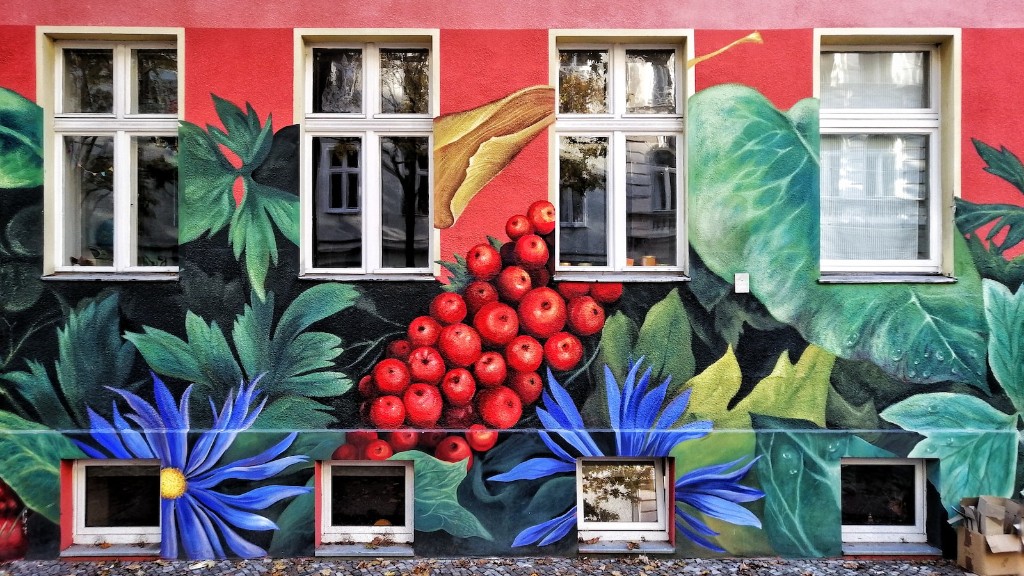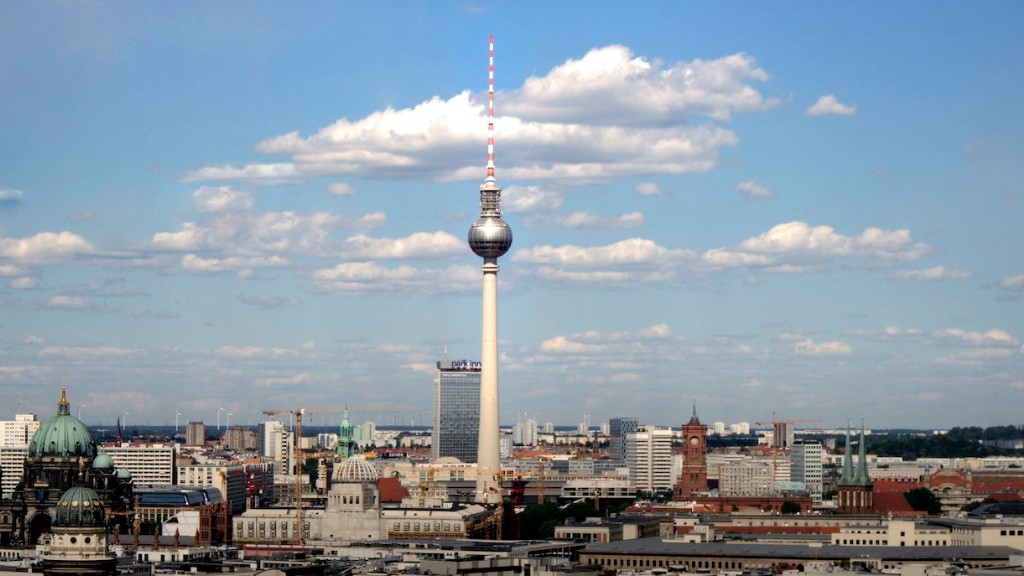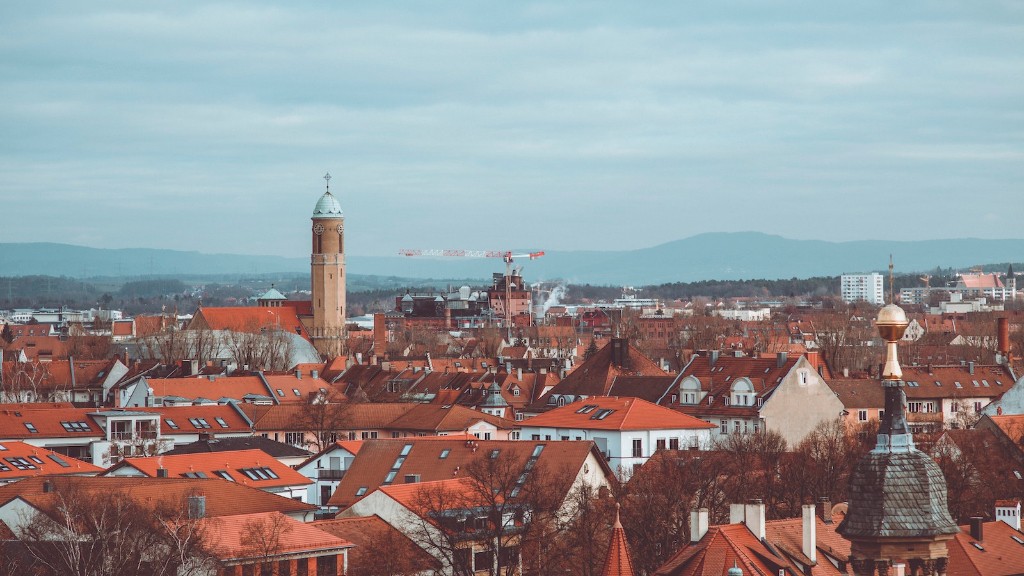Travel from Belgium to Germany Covid
As the Covid-19 pandemic continues to spread, people looking to travel from Belgium to Germany need to be aware of the current restrictions in place. While the situation remains fluid, here are some points to consider.
Firstly, a general travel ban has been enforced by the European Union for the safety of citizens. This applies to all non-essential travel from Belgium to Germany.
Furthermore, the German government has imposed a 14-day entry quarantine when entering the country from any foreign region. This is to reduce the risk of infecting the population, and must be strictly followed in order to avoid any fines or harsher penalties.
Moreover, visitors from Belgium must present proof of a negative Covid-19 test if they plan to enter the country. The test must have been conducted within 48 hours before entry. Different rules may also apply if visited countries require special tests on arrival.
For people who do get the permission to enter Germany from Belgium must follow the national health and safety guidelines, such as wearing a face mask on public transport. Domestic travel between states is also restricted in Germany, meaning that a travel permit is necessary in certain regions.
On the other hand, people looking to return to Belgium after a trip in Germany must obtain a certificate of travel. This document details the countries and dates of travel and must be obtained from the Belgian authorities. In addition, visitors must take a new form of identification on returning to the country, such as a passport or ID card.
Finally, it is important to note that the health protocols related to Covid-19 change frequently in both countries. It is therefore recommendable to keep up to date with the latest travel restrictions so that any potential issues can be avoided.
Economy effects due to travel restriction from Belgium to Germany
The travel restrictions from Belgium to Germany have had a major impact on the economy of both countries. For businesses, tourism has been heavily affected, which has resulted in an overall economic downturn.
In addition, many people have been laid off due to the decrease in travel. This has had a knock-on effect in other sectors as well, as reduced spending has led to a decrease in demand for goods and services.
Furthermore, the restrictions have put a strain on struggling businesses, as those in the travel and hospitality industries have been increasingly hit. The same applies to those in the leisure industry, which has seen a drastic reduction in visitors.
Moreover, the restrictions have resulted in reduced exports from Belgium to Germany, as cross-border trade has been heavily impacted. In addition, supply chains have been disrupted, affecting the delivery of goods and services to businesses.
Finally, the restrictions have led to a decrease in the foreign currency inflows, as travelers to Germany are unable to bring in as much money as before. This has resulted in a decline in the exchange rates of both countries’ currencies.
Expert advice on travel to Germany from Belgium
Experts have been offering valuable tips to those looking to travel from Belgium to Germany during the pandemic. Firstly, it is important to research the current restrictions before traveling. This is to ensure that visitors will not be stopped from entering the country.
Additionally, it is essential to bring the necessary documents with you, such as a negative Covid-19 test, a health certificate, and proof of identification. People must also be aware of the protocols they must adhere to while in Germany, such as social distancing and wearing a face mask.
Moreover, it is also recommended to book accommodation in advance as hotels and other facilities may be subject to additional restrictions. It is valuable to also research the destination before you go to gain further traveling advice and tips.
Furthermore, expert advice is to avoid travelling during peak periods in order to reduce overcrowding on public transport and other areas. This applies to both departing from Belgium and while arriving in Germany.
Finally, visitors should take extra precautions while traveling. This includes washing hands regularly, carrying hand sanitizer, and keeping surfaces clean and disinfected.
New rules after vaccination starts
Recent news suggest that the travel restrictions may be eased after a successful vaccine rollout in both countries. It is possible that negative Covid-19 test results and other documents will no longer be needed to travel from Belgium to Germany.
In addition, those who have been vaccinated may be allowed to go even if there is a 14-day stop point, such as the case for returning to Belgium. This may be subject to the country’s individual vaccine rollout plan and further advice is expected soon.
Moreover, it is also possible that vaccinated travelers will be able to skip the 14-day quarantine rule as long as they can prove they were vaccinated. This may be the case even if the country requires a certificate or proof of vaccination.
Furthermore, current Germans and Belgians living in the countries may benefit from the new rules as it would make traveling between the two countries much easier. This could have a positive impact on businesses as it will increase trade and the movement of goods and services.
Finally, the new rules could also have economic benefits for the German and Belgian economies. This could come in the form of increased tourism, additional foreign investment, and increased spending.
With the vaccine rollout well underway, there may be certain changes to the social activities people can do when traveling from Belgium to Germany. Firstly, restrictions may be eased on leisure activities such as sport, entertainment, and other cultural activities.
Additionally, it may be possible to partake in certain social activities in public spaces. This could include visiting restaurants, bars, clubs, and other tourist attractions. It is important to note however, that certain restrictions may still apply while carrying out these activities.
Moreover, it is also possible that vaccinated travelers may be able to bypass certain restrictions, such as the social distancing rules. This may be subject to the individual country’s policies and the activities they allow.
Furthermore, free movement may be increased between the two countries. This would allow travelers to move around both countries freely without any restrictions, provided that they have a valid passport or ID card.
Finally, it may become possible for vaccinated travelers to skip certain health protocols when visiting certain attractions. This could include not needing to wear a face mask when entering certain locations.
Public concerns and implications
Although the new travel policy could have a positive impact on the economies of Germany and Belgium, many people have expressed concerns about the implications.
Firstly, questions have been raised about the safety of the vaccine rollout in both countries. This includes potential risks associated with the vaccination process and what the potential side effects could be.
Additionally, people worry that the new policy could lead to more cross-border travel and an increase of Covid-19 infections. This is because many people could take advantage of the new rules and travel without taking necessary precautions.
On the other hand, people have raised concern that the current restrictions may remain if the vaccine rollout is not conducted properly. This could lead to extended travel bans or a decrease in the number of people traveling between the two countries.
Moreover, travelers are concerned that they may still be unable to enter Germany from Belgium even after being vaccinated. This is because certain restrictions may still apply, such as the requirement of presenting a valid Covid-19 test before arrival.
Finally, it is also concerning that the new rules could lead to a surge in travelers that may cause overcrowding in certain destinations. This could lead to further safety issues for travelers due to the close proximity of other people.





